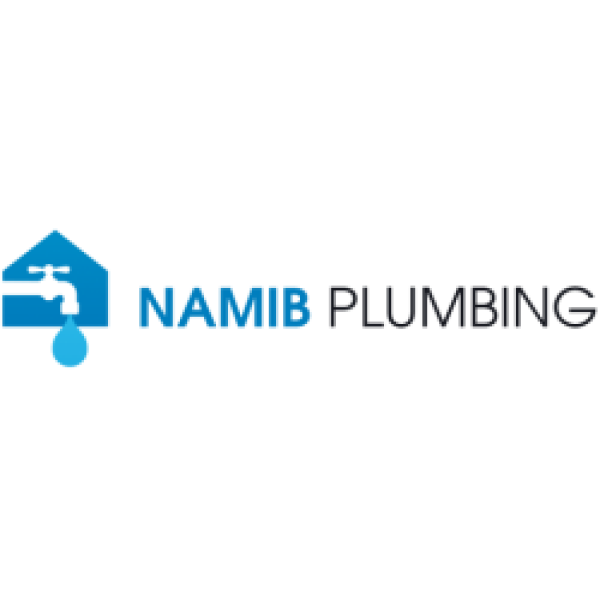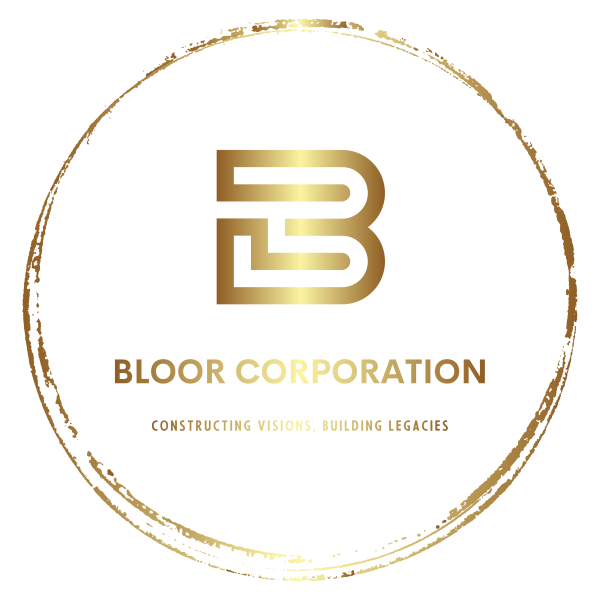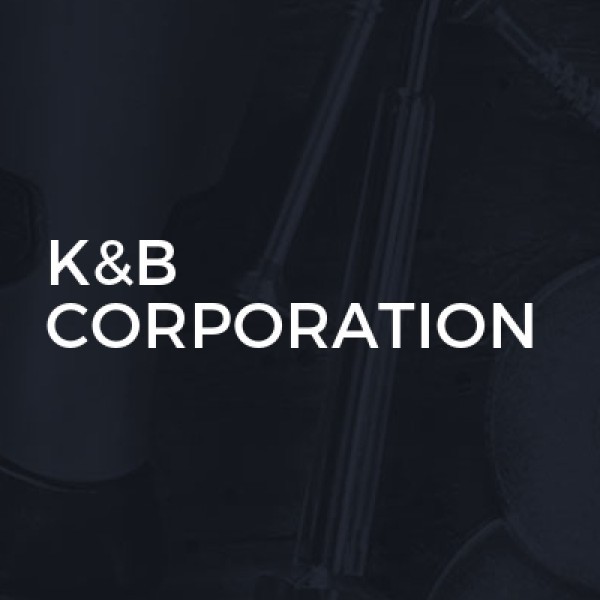Kitchen Fitters in Worksop
Filter your search
Post your job FREE and let trades come to you
Save time by filling out our simple job post form today and your job will be sent to trades in your area so you can sit back, relax and wait for available trades to contact you.
Post your job FREESearch Kitchen Fitters in places nearby
Understanding Kitchen Installation in Nottinghamshire
When it comes to kitchen installation in Nottinghamshire, there's a lot to consider. From selecting the right design to ensuring everything fits perfectly, the process can be both exciting and daunting. Whether you're renovating an old kitchen or setting up a new one, understanding the ins and outs of kitchen installation is crucial. This guide will walk you through every step, ensuring your kitchen becomes the heart of your home.
The Importance of Planning Your Kitchen Layout
Planning is the cornerstone of any successful kitchen installation. A well-thought-out layout not only maximises space but also enhances functionality. Start by considering the 'work triangle' – the path between the sink, stove, and refrigerator. This concept helps in creating an efficient workflow, saving you time and effort during meal preparations.
Additionally, think about storage solutions. Cabinets, drawers, and shelves should be strategically placed to keep your kitchen organised. Consider incorporating pull-out racks and lazy Susans to make the most of corner spaces. Remember, a clutter-free kitchen is a happy kitchen!
Choosing the Right Materials for Your Kitchen
Materials play a significant role in the durability and aesthetics of your kitchen. From countertops to cabinets, the choices are vast. Granite and quartz are popular for countertops due to their durability and elegance. For cabinets, solid wood offers a timeless appeal, while MDF provides a cost-effective alternative without compromising on style.
Flooring is another critical aspect. Tiles are a practical choice, offering easy maintenance and a variety of designs. Alternatively, hardwood floors add warmth and character but require more upkeep. Weigh the pros and cons of each material to find what suits your lifestyle and budget.
Hiring Professional Kitchen Installers in Nottinghamshire
While DIY projects can be rewarding, hiring professional kitchen installers ensures precision and quality. Experienced installers bring expertise and efficiency, handling everything from plumbing to electrical work. They can also offer valuable advice on design and materials, helping you avoid costly mistakes.
When selecting a professional, check their credentials and reviews. A reputable installer will have a portfolio of past projects and positive testimonials. Don’t hesitate to ask for references or visit completed installations to see their work firsthand.
Budgeting for Your Kitchen Installation
Budgeting is a crucial step in the kitchen installation process. Start by determining how much you're willing to spend and allocate funds to different aspects like materials, labour, and appliances. It's wise to set aside a contingency fund for unexpected expenses that may arise during the installation.
To keep costs in check, compare quotes from multiple installers and suppliers. Look for deals on appliances and materials, and consider prioritising essential features over luxury items. Remember, a well-planned budget ensures a smooth installation without financial stress.
Incorporating Modern Kitchen Trends
Modern kitchen trends can transform your space into a stylish and functional area. Open shelving, for instance, adds a contemporary touch while providing easy access to everyday items. Integrated appliances offer a sleek look, seamlessly blending with your cabinetry.
Consider adding smart technology to your kitchen. Smart fridges, ovens, and lighting systems enhance convenience and efficiency. These innovations not only make cooking more enjoyable but also increase your home's value.
Ensuring Energy Efficiency in Your Kitchen
Energy efficiency is a growing concern for homeowners. By choosing energy-efficient appliances and lighting, you can reduce your carbon footprint and save on utility bills. Look for appliances with high energy ratings and consider LED lighting for its longevity and low energy consumption.
Insulation is another factor to consider. Proper insulation in walls and floors helps maintain a comfortable temperature, reducing the need for heating and cooling. These small changes can make a big difference in your kitchen's energy efficiency.
Understanding Local Regulations and Permits
Before starting your kitchen installation in Nottinghamshire, it's essential to understand local regulations and permits. Depending on the scope of your project, you may need planning permission or building regulations approval. These ensure your installation meets safety and structural standards.
Consult with your installer or local council to determine the necessary permits. Failing to comply with regulations can lead to fines or complications when selling your home. It's better to be safe than sorry!
Maximising Space in Small Kitchens
Small kitchens can be challenging, but with clever design, you can maximise every inch. Opt for compact appliances and multi-functional furniture to save space. Wall-mounted racks and magnetic strips are great for storing utensils and spices, freeing up counter space.
Light colours and reflective surfaces can make a small kitchen feel larger. Consider using glass cabinet doors or mirrors to create an illusion of space. With a bit of creativity, even the tiniest kitchen can be both functional and stylish.
Creating a Timeless Kitchen Design
A timeless kitchen design ensures your space remains stylish for years to come. Neutral colours, classic cabinetry, and quality materials are key elements. Avoid overly trendy designs that may quickly become outdated.
Incorporate elements that reflect your personality, such as unique hardware or a statement backsplash. These personal touches add character without compromising on timelessness. Remember, a well-designed kitchen is an investment in your home's future.
Maintaining Your Newly Installed Kitchen
Once your kitchen is installed, proper maintenance is essential to keep it looking its best. Regular cleaning and upkeep prevent wear and tear, extending the life of your materials and appliances. Use gentle cleaners on surfaces and follow manufacturer guidelines for appliance care.
Address any issues promptly, such as leaks or loose fittings, to avoid costly repairs down the line. With a little effort, your kitchen will remain a beautiful and functional space for years to come.
Exploring Sustainable Kitchen Options
Sustainability is an important consideration in modern kitchen design. Opt for eco-friendly materials like bamboo or recycled glass for countertops and cabinets. These materials are not only sustainable but also add a unique touch to your kitchen.
Consider installing a compost bin and recycling station to reduce waste. Water-saving fixtures and energy-efficient appliances further enhance your kitchen's sustainability. By making conscious choices, you contribute to a healthier planet while enjoying a stylish kitchen.
Understanding the Role of Lighting in Kitchen Design
Lighting plays a crucial role in kitchen design, affecting both functionality and ambience. Layered lighting, combining task, ambient, and accent lights, creates a well-lit and inviting space. Under-cabinet lighting is particularly useful for illuminating work areas.
Consider the colour temperature of your lights. Warm lights create a cosy atmosphere, while cool lights enhance visibility for cooking tasks. Dimmers offer flexibility, allowing you to adjust the lighting to suit different occasions.
Integrating Smart Technology in Your Kitchen
Smart technology is revolutionising kitchen design, offering convenience and efficiency. Smart appliances, like ovens and fridges, can be controlled remotely, making meal preparation easier. Voice-activated assistants help manage shopping lists and set timers, streamlining your cooking process.
Smart lighting and thermostats enhance energy efficiency, while smart security systems provide peace of mind. Integrating technology into your kitchen not only modernises your space but also adds value to your home.
Frequently Asked Questions
- How long does a kitchen installation take? The duration varies depending on the complexity of the project, but typically ranges from 2 to 4 weeks.
- Do I need planning permission for a kitchen installation? Generally, no, unless you're making structural changes or your property is listed.
- What is the average cost of a kitchen installation in Nottinghamshire? Costs vary widely, but a basic installation can start from £5,000, with high-end projects exceeding £20,000.
- Can I install a kitchen myself? While possible, professional installation is recommended for quality and safety.
- What are the most durable materials for kitchen countertops? Granite and quartz are known for their durability and resistance to scratches and stains.
- How can I make my kitchen more energy-efficient? Choose energy-efficient appliances, LED lighting, and ensure proper insulation.
Embarking on a kitchen installation in Nottinghamshire is an exciting journey. With careful planning, the right materials, and professional help, you can create a kitchen that's not only beautiful but also functional and sustainable. Whether you're a seasoned cook or a casual baker, your dream kitchen is within reach!



































